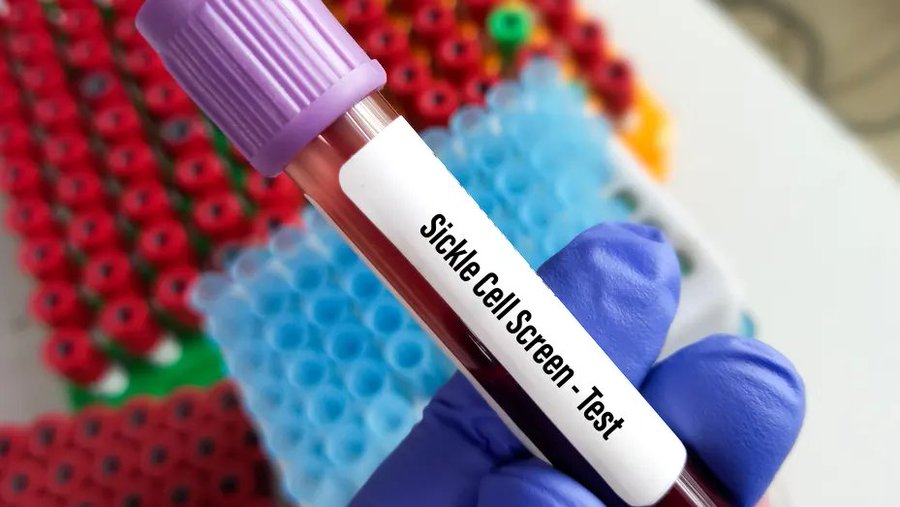The U.S. FDA grants historic approval to Casgevy, the first CRISPR-based gene-editing treatment for sickle cell disease, offering groundbreaking hope.
What is Casgevy?
In a groundbreaking development, the U.S. Food and Drug Administration (FDA) has approved Casgevy, a pioneering CRISPR-based gene-editing treatment for sickle cell disease. Developed collaboratively by Vertex Pharmaceuticals and CRISPR Therapeutics, Casgevy marks a significant milestone in the field of genetic medicine, utilizing CRISPR technology, which earned its discoverers a Nobel Prize in Chemistry.
Also read | Who was Naoko Takemaru, UNLV shooting victim?
Sickle cell disease, an inherited blood disorder affecting approximately 100,000 Americans, results in misshapen red blood cells causing painful blockages in blood vessels. Casgevy employs CRISPR to edit a patient’s DNA, activating fetal hemoglobin to maintain healthy blood cell shapes. Clinical trials have shown promising results, eliminating pain crises in a majority of patients.
The FDA’s approval covers individuals aged 12 and older, offering hope to those grappling with the rare and life-threatening blood disorder. Dr. Nicole Verdun, Director of the Office of Therapeutic Products at the FDA’s Center for Biologics Evaluation and Research, highlighted the potential of gene therapy in addressing unmet needs, especially for those with limited treatment options.
Despite the transformative potential of Casgevy, the intricate process involves months of treatment. Blood stem cells are extracted, genetically modified in Vertex’s lab, and then reintroduced to the patient after chemotherapy. Vertex, estimating around 16,000 eligible candidates with severe sickle cell cases, will lead the drug’s launch. However, concerns arise about the extensive timeline, potential infertility risks, and the substantial cost, with Vertex pricing Casgevy at $2.2 million per patient.
Also read | Who is Bari Weiss? US journalist accused of targeting killed Palestinian poet Refaat Alareer
Furthermore, the FDA’s concurrent approval of Bluebird Bio’s gene therapy, Lyfgenia, offers an alternative approach to tackling sickle cell disease. Like Casgevy, Lyfgenia aims to eliminate pain crises and is available for individuals aged 12 and older.
While these therapies signify groundbreaking advancements in treating sickle cell disease, the challenges of accessibility, cost, and patient willingness underscore the complex landscape surrounding gene therapies. As Casgevy and Lyfgenia pave the way for CRISPR-based treatments, the healthcare community anticipates the impact on the lives of those affected by this debilitating blood disorder.






